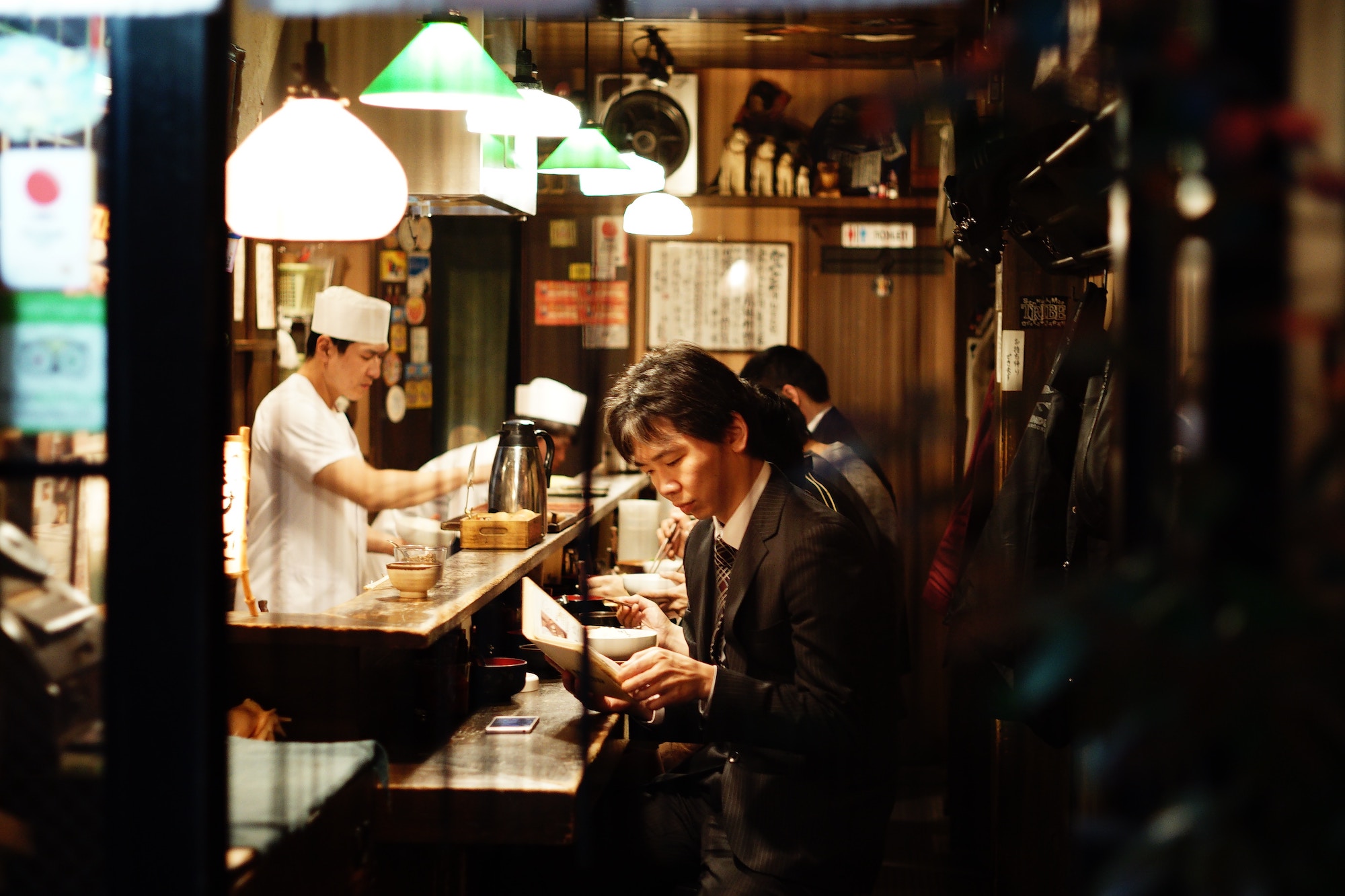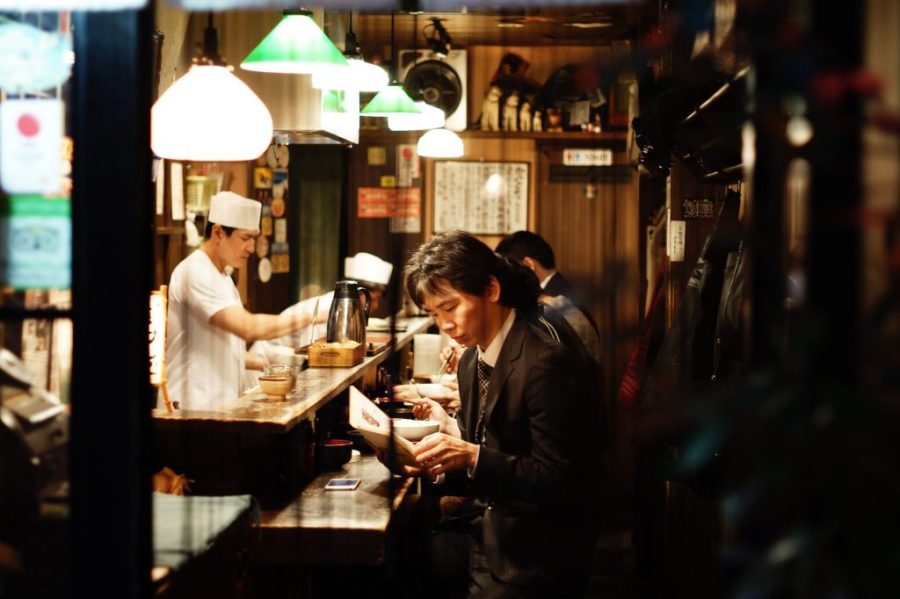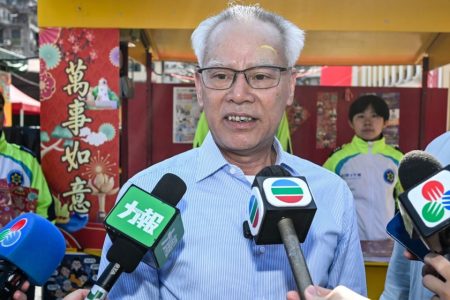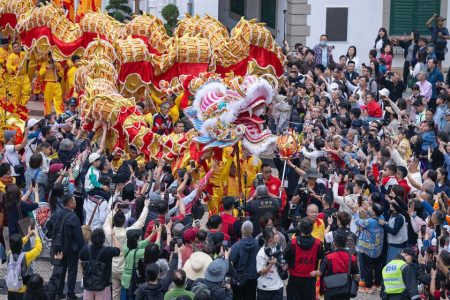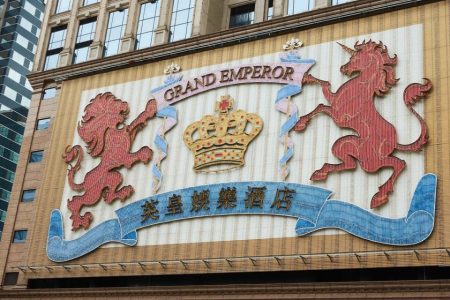Today, all going to plan, Japan will begin discharging treated – yet still slightly radioactive – water from its crippled nuclear plant in Fukushima into the Pacific Ocean. The Japanese government and the United Nation (UN)’s nuclear watchdog say this water is perfectly safe. Nevertheless, Macao’s government has officially banned imports of live and fresh food from ten Japanese prefectures, including the Tokyo Metropolis, as a public health measure. Hong Kong’s government is taking similar measures.
On Wednesday, Macao’s ban was formalised in the Official Gazette. China announced on Thursday that it was suspending all seafood imports from Japan.
A local Japanese food importer told Macao News that banning food products from a fifth of Japan was “ridiculous”, and denounced its lack of logic. For starters, he pointed out, “neither fish nor the sea stay contained in specific areas” – making a prefecture-based ban potentially meaningless.
The importer – who asked to remain anonymous – viewed the move as politically motivated and poorly thought out, given the serious economic impact it could have on local food businesses.
He noted that Macao already tests food imports from all parts of Japan for radioactivity (a practice the government has vowed to strengthen), and said he believes existing measures are enough to ensure safety.
Here’s what you need to know about the ban.
What is the current situation at Fukushima?
The Fukushima Daiichi nuclear plant – located midway down Japan’s eastern flank – remains a ruin after being hit by a tsunami triggered by a massive earthquake in 2011. It’s been in decommission-mode ever since, which involves cooling its nuclear fuel rods with vast amounts of water.
This water, along with rain and runoff accumulating at the site, becomes fatally radioactive. It then goes through an internationally accepted treatment regime that strips out the worst of its radioactive materials. The water gets stored in silo-like tanks surrounding the plant.
While the plant’s clean-up is far from over, its operator – Tokyo Electric, known as Tepco – has run out of room to store water. Basically, 1.3 tonnes of the stuff – enough to fill 500 Olympic swimming pools – needs to go somewhere else, though not all at once. Japan’s plan is to gradually release treated water into the ocean over the next few decades. This will make space for more severely contaminated water, as the decommissioning process continues.
How radioactive is the water that will be discharged?
According to Tepco’s website, about 35 percent of the water stored in Fukushima’s tanks has been rendered safe enough to be discharged. This means that dangerous radionuclides like cesium and strontium have been completely removed and only comparatively benign tritium remains (it is considered prohibitively difficult to extract).
Tritium is a radioactive isotope of hydrogen with a half-life of about 12 years. The Canadian Nuclear Safety Commission describes it as a “relatively weak source of beta radiation, which … can increase the risk of cancer if consumed in extremely high quantities.”
The International Atomic Energy Agency – an intergovernmental organisation that reports to the UN – has tested the water Japan plans to discharge and says it meets international safety standards. The agency has stated that its release would “have a negligible radiological impact to people and the environment.”
So, why is Macao banning some Japanese imports if the UN says Fukushima’s water is safe?
China has taken a very harsh stance on Japan’s decision to discharge treated water from the ruined nuclear plant. At a press conference on Tuesday, Foreign Ministry spokesman Wang Wenbin accused the Japanese government of brushing off Beijing’s concerns over the accuracy of its data on nuclear-contaminated water – and its ability to monitor the radioactive water’s impact on the marine environment once discharged.
He claimed Japan was treating the ocean as “a sewer” and putting its own interests above the rest of the world’s.
Macao and Hong Kong have followed China’s lead in condemning the scheme; the national government as well as the two SARs have announced bans on a wide range of food products from ten of Japan’s prefectures. In a statement issued on Tuesday, Macao’s local government said its ban was “to safeguard the food safety and public health.”
[See more: Is Macanese cuisine under threat?]
You mean it’s not just seafood? I can’t even buy carrots from Japan?
The ban covers “live and fresh food products, food products of animal origin, sea salt and seaweed, including vegetables, fruits, milk and milk products, aquatic products and their derivatives, meat and meat products, poultry eggs, etc,” according to the government’s statement. It did not explain why the likes of carrots and milk were considered at risk of nuclear contamination from water discharged into the sea.
However, the ban only applies to 10 of the country’s 47 prefectures. These are, namely, Fukushima, the Tokyo Metropolis, Chiba, Tochigi, Ibaraki, Gunma, Miyagi, Niigata, Nagano and Saitama. If your carrots come from anywhere outside of these areas, you’ll be fine.
According to local media, much of Macao’s Japanese imports come from Ehime, Fukuoka, Hokkaido, Kagoshima and Nagasaki prefectures – none of which have been blacklisted.
How will a ban affect local food business and restaurants in Macao?
The fallout could be significant. Tokyo Metropolis – on the blacklist – is where most of Macao’s fresh sashimi is currently sourced from, according to the importer who spoke to Macao News. He said that most Japanese rice comes from blacklisted Miyagi prefecture (the government was not clear on whether rice would be included in the ban, however).
“I’m now worried there will be a lot of restaurants closing down because of this,” he said. “If so, they won’t be able to pay their bills. And if they can’t pay [suppliers], I’ll be the next to close down.”
Impacted food businesses will be scrambling to locate alternative supplies and those that can’t will suffer. “We really don’t know what the government is up to,” the importer lamented. “What are they going to do for us?”
At a press conference on Wednesday, a spokesperson from the Municipal Affairs Bureau (IAM)’s Food Safety Department confirmed that the ten blacklisted prefectures currently export aquatic products, ice cream, beef, processed snacks and vegetables to Macao. But he claimed the ban would only have a minor impact on local businesses, as the prefectures account for a tiny percent of Macao’s total fresh food imports.
Isn’t South Korea upset as well?
As Japan’s close neighbours, South Koreans have strong feelings on Japan’s discharge scheme – which are complicated by a fragile political relationship between the two countries. According to a recent joint survey by South Korea’s Hankook Ilbo and Japan’s Yomiuri Shimbun newspapers, 84 percent of South Koreans do not believe the water release should go ahead due to potential health risks.
However, South Korea’s government has acknowledged it sees “no scientific or technical problems with the plan to release the contaminated water,” Reuters reported. It also stated that it “does not necessarily agree with or support the plan.”
South Korea’s opposition party, meanwhile, slammed Japan as “selfish and irresponsible” to even consider discharging the treated water into the ocean.
– With reporting by Amanda Saxton and Mani Fong
